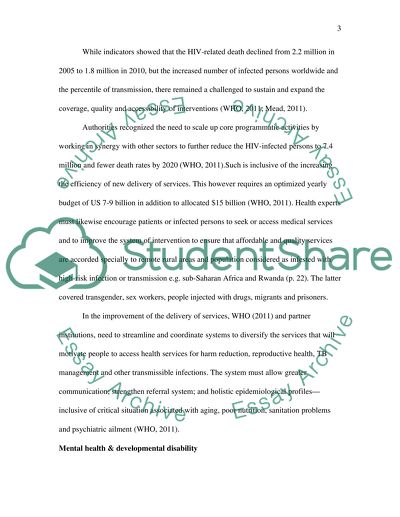Cite this document
(“Laws and its relevance to global issues on HIV, mental health & Research Paper”, n.d.)
Retrieved from https://studentshare.org/health-sciences-medicine/1393577-research
Retrieved from https://studentshare.org/health-sciences-medicine/1393577-research
(Laws and Its Relevance to Global Issues on HIV, Mental Health & Research Paper)
https://studentshare.org/health-sciences-medicine/1393577-research.
https://studentshare.org/health-sciences-medicine/1393577-research.
“Laws and Its Relevance to Global Issues on HIV, Mental Health & Research Paper”, n.d. https://studentshare.org/health-sciences-medicine/1393577-research.


